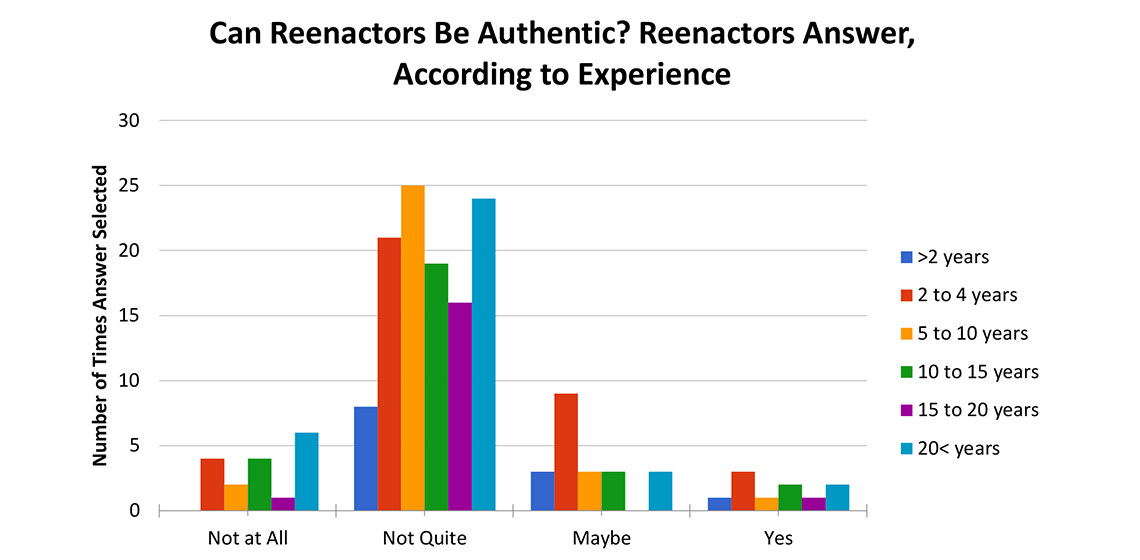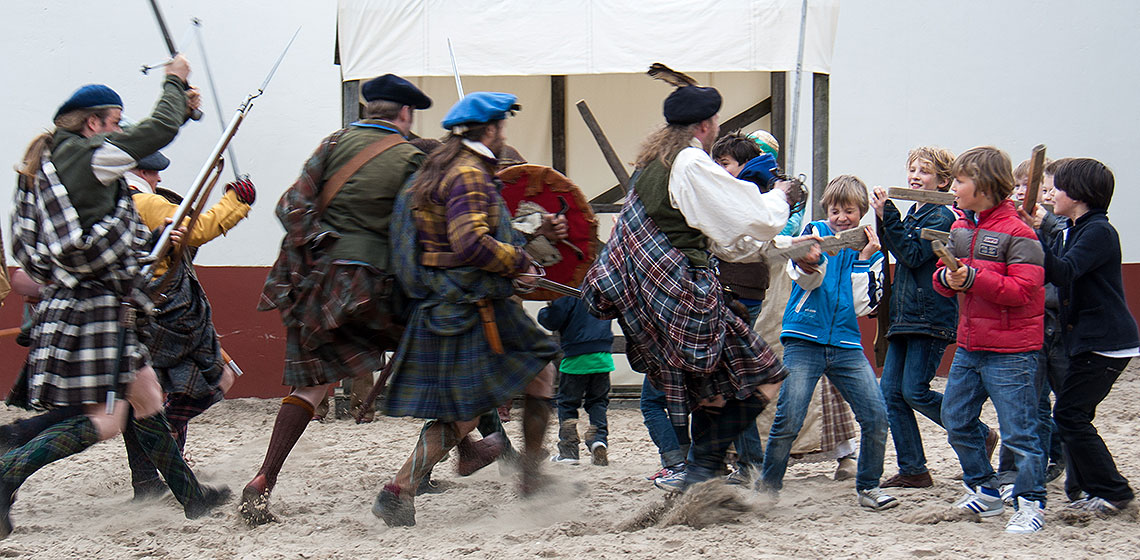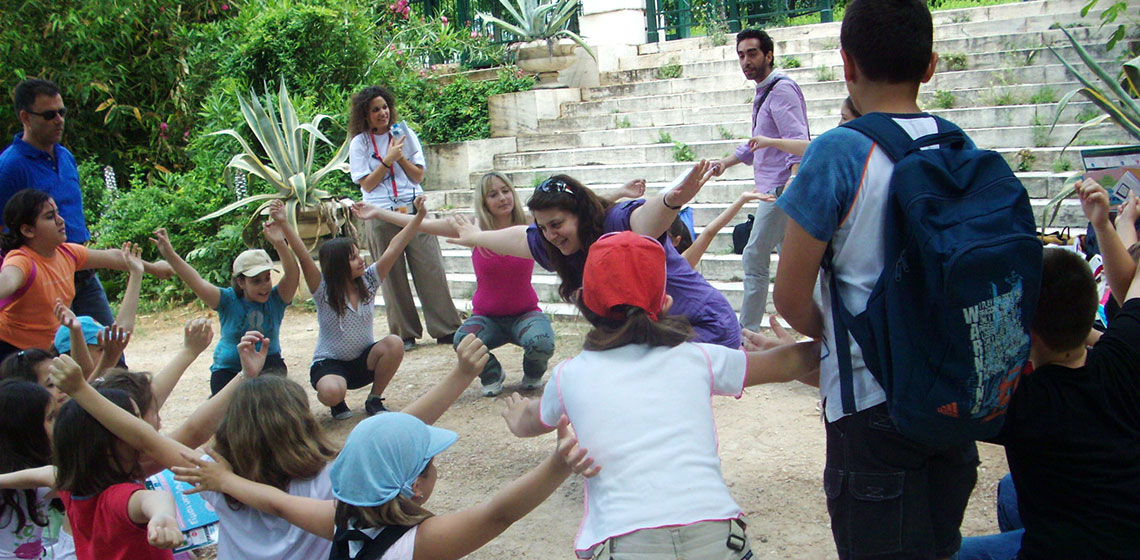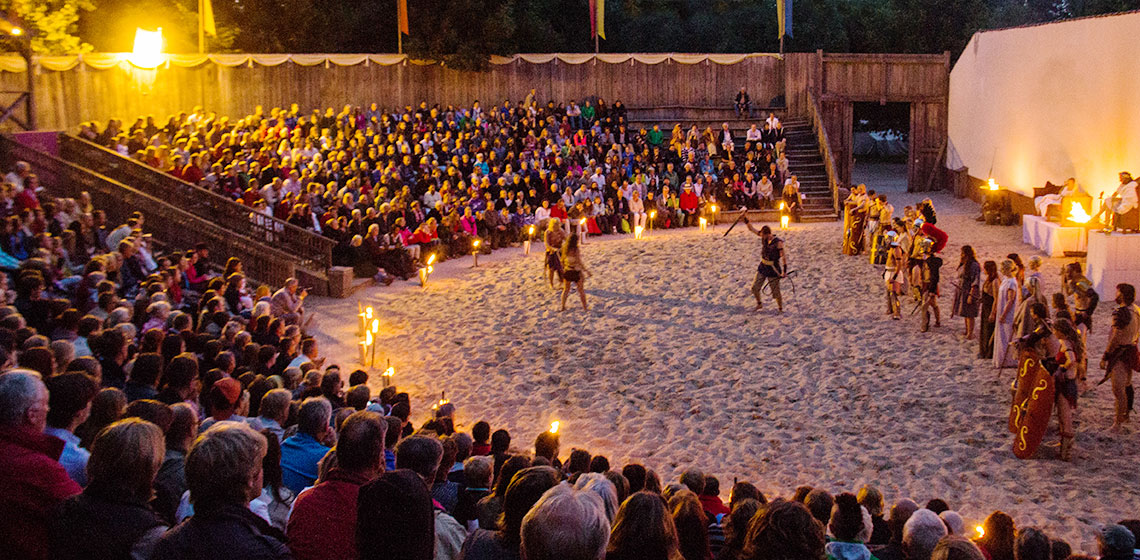living history
The VIA SCIPIONIS Project Outdoor Travelling Experimental Archaeology and Re-enactment
The Attack on the Tooth Worm
The Value of Experience: Lessons from a Study of Reenactment
Book Review: Geschichtstheater. Formen der "Living History" by Wolfgang Hochbruck
National interest in re-production of history started when the Ethnological Commission of Westphalia called together with Freilichtmuseum Cloppenburg, one of the oldest German open-air museums, a conference on the topic of “Living history in the Museum” in 2007 in Cloppenburg, Niedersachsen. Subsequent conferences made it clear that - apart from predictable doubts about the reliability and quality of the reconstructions of historical life-worlds and events - there was a significant dissonance regarding terminologies.
Experience with Building Mesolithic Huts in the Stone Age Park Dithmarschen in 2014
***Two new huts in the Stone Age Park Dithmarschen in Albersdorf (Germany) were built in spring 2014 by the Experimental Archaeologist and Educator Werner Pfeifer with the support of some friends and with financial support from the Stone Age Park Dihmarschen and the EU co-financed project OpenArch.
Living History
An activity involving historical tools, activities and dress in an interactive presentation to give observers and participants a sense of stepping back in time.
Definition source: Wikipedia
What Does Your Visitor Experience? Making the Most of Live Interpretation in a Unique Setting
***Archaeological Open-Air Museums (AOAM) offer a unique setting in which live interpretation can make history come truly alive. For many, or perhaps all, AOAM history is the product being sold to the public. During the five years the OpenArch project has run the partners have spent many hours discussing the...
Museum Theatre in Greece: Perspectives in Site Interpretation
Introduction
Museum theatre as an umbrella-term is used to describe a variety of performative events aimed to interpret fragments of cultural heritage. In the framework of one of the main challenges contemporary museums face, that of having a social impact while dealing with heritage, whom values and narratives can always be “contested and disputed” (Smith 2011, 70), museum theatre has proved that not only can it enforce a constructivist approach in a museum environment but it can also generate debate and promote critical thinking on controversial issues (Farthing 2010).








